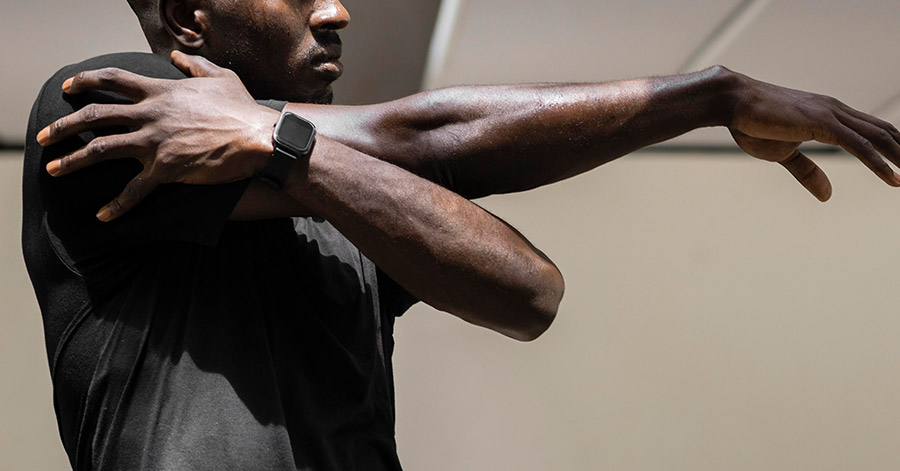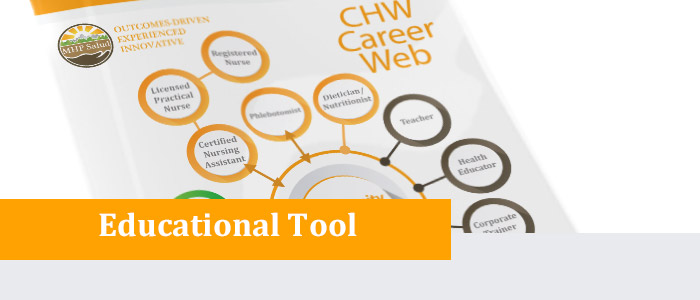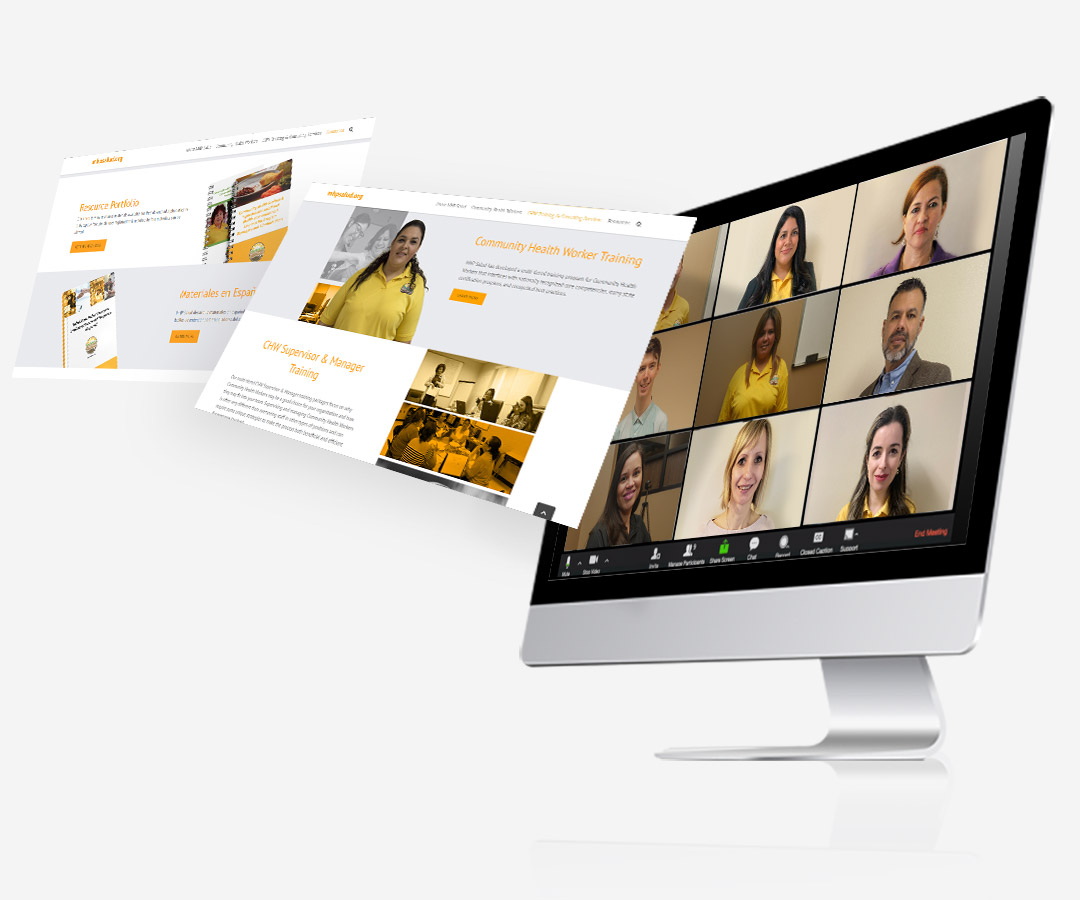Careers in Health, Education, and Social Work Spotlight
Published May 2021 | Back to all news and updates
Each month, we will highlight the journey of individuals’ professional development into roles within and outside of the CHW profession. The first story is about Sofia’s journey from CHW to Health Educator. The second features David, who also became a Health Educator, but unlike Sofia, he did not start out as a CHW. This story is included to illustrate how the CHW profession builds skillsets that are desirable across industries. It is also included to illustrate the key differences between the CHW profession and other careers in related fields.
Sofia’s Story: From Community Health Worker to Health Educator

Sofia was a community health worker (CHW) at a local non-profit that assists the community with preventative care. After three years, Sofia decided she would like a career change. The reason for this decision is she began to dislike the amount of time spent out in the field and not in an office environment. She enjoyed many aspects of her current position, specifically providing health education for the community. Ultimately, she wanted to find a job that incorporated health education with a balance of work in the office and the community. While looking up various careers she came across the health educator role. The position piqued her interest as it shared many of the same responsibilities as a CHW, including a focus on community education. She decided to explore further to determine whether this would be a viable career path. While doing research, she realized to become a health educator she would need to obtain a bachelor’s degree and possibly become certified. This was an essential factor to consider, as there would be financial restraint while she was in school. She decided to move forward with the process and negotiated with her employer to work part-time while in school.
After four years, Sofia graduated with her bachelor’s degree in community health education from a local college. Following graduation, she began her search into becoming a certified health education specialist. Obtaining certification was not a requirement for every employer, but Sofia decided it would further her chances of obtaining a position. She scheduled her exam on the National Commission for Health Education Credentialing website. After becoming certified, she got an interview for a health educator position at the state health department. The job required a bachelor’s degree, certification, and three years of experience. She was able to use her years as a CHW to fulfill the experience requirement. Ultimately, Sofia got the position and is now working as a Health Educator.
David’s Story: From Personal Trainer to Health Educator

After many years working as a personal trainer at a gym, David felt like it was time for a career change. He thought about his interests and recognized that educating others and helping them to maintain a healthy lifestyle was what he enjoyed doing the most. One morning, he was chatting with one of his clients who happened to be a health educator. His client explained to him that the health educator role included aspects of David’s position, including educating people about maintaining a healthy lifestyle. While researching health educators he came across the CHW role. He read that working as a CHW would also allow him to educate the community about healthy living. However, CHWs typically need a strong relationship with the community and he did not feel he was connected enough to fulfill the duties of the role. After careful consideration, he decided that a health educator role would be the right direction for a future career. At the time of his decision, he had his GED and personal training certification but had not attended college before. He had little to no related professional experience but decided to begin the course to becoming a health educator.
He began the process by enrolling in a local college to earn his bachelor’s in a related field. During his time in school, he continued to work full time in his current role to ease the financial strain of education costs. After four years, he earned his bachelor’s in public health education. Following his time in school, David realized he needed to gain some related professional experience. Over the next two years, he gained experience as a wellness coach and an intern at a non-profit focused on public health. During this time, he registered to become a certified health education specialist. Once he became certified, David began his search for a position as a health educator. Eventually, he found an entry-level position at a healthcare company working with patients who had different types of chronic diseases like diabetes and heart failure. He got the job and began his career as a health educator.
Note these stories are based on real-life scenarios but contain fictional characters.
Download the CHW Career Web Model Resource for free!

Our CHW Career Web Model resource demonstrates the numerous ways that an individual can find themselves becoming a CHW or how they may progress their career under various ‘career clusters’ like social work, clinical, or advocacy after being a CHW. The resource can be used as a tool by organizations that work with CHWs such as community-based organizations, CHW Associations, Federally Qualified Health Centers (FQHCs), Primary Care Associations (PCAs), and Area Health Educations Centers (AHECs) to help explain the different career trajectories those in the CHW workforce have.
Blog Topics
About MHP Salud

MHP Salud has over 35 years of experience implementing CHW programs and training organizations looking to start and/or strengthen their own CHW programs. Visit our CHW Training & Consulting Services page to learn more about how we can help.






